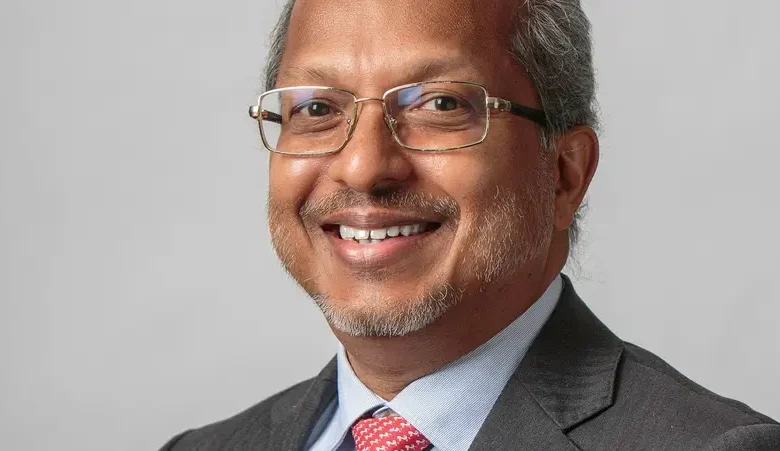Over half of Middle East CEOs positive about economic outlook: Study

Over half (61 percent) of CEOs in the Middle East expect a stable or positive worldwide economic outlook over the next three to five years, findings from a new study revealed.
Management consultancy firm Arthur D. Little’s (ADL) 2023 CEO Insights report indicated that CEOs are optimistic of seeing future business opportunities despite current economic challenges and geopolitical outlook.
The advisory firm’s report contains insights from nearly 250 CEOs from companies worldwide with a combined turnover of more than $1 billion.
ADL’s Managing Partner, and Global Practice Leader for Strategy and Organization Francesco Marsella noted that in a downturn, conventional business wisdom is to cut costs and focus on survival. However, the results of the survey suggested this isn’t the case.
“Despite current challenges and many dark macroeconomic previsions for 2023, most CEOs we spoke to are optimistic for the future working with creativity to manage performance today while building the future,” he said.
“They see opportunity in adversity, looking beyond the current crisis to embrace a more positive future for their companies and wider society,” he added.
Through the current energy crisis, all CEOs are focusing on innovation when it comes to drivers of future growth. Following the global trend of new geographies, Gulf executives will put less emphasis on diversification and disruptive offering to focus more on new client segments. Globally, over a quarter (26 percent) listed technology innovation as the most critical factor to growth, well ahead of raw material/energy prices (11 percent). Factors such as supply chain and cyber risks both outranked raw material prices globally.
Though more CEOs in the Middle East (7 percent) are prioritizing environmental and climate change as a factor in future growth, they remain closely aligned to their global (10 percent) counterparts.
Cyber risk is viewed as a key, urgent factor by 15 percent of CEOs in Africa, 14 percent in Asia, and 13 percent in Middle East and Africa (MEA)/South America, ahead of their peers in Europe and North America.
Additionally, C-suite in the Middle East believe the most critical factor in economic growth is technology innovation at 29 percent as compared with the global average of 26 percent.
Overall, there will be a moderate need employee reskilling in the GCC for the telecommunications industry, travel and transportation and financial services. By comparison, healthcare (25 percent), manufacturing (33 percent) and energy & utilities (33 percent) see the highest volume of reskilling endeavours in the workplace, the study concluded.
Thomas Kuruvilla, ADL Middle East’s Managing Partner, believes that reskilling will grow over time to meet the changing business environment.
“The next eight years will showcase tremendous advances in new client segments in the region as more investment is poured into reskilling initiatives for employees in the manufacturing and energy and utilities sector, ultimately contributing to competitive sustainability projects in the run-up to COP,” Kuruvilla said.
ADL’s CEO Insights study respondents are split between key industries and geographies to give unrivalled insight into the minds of those running the world’s biggest organizations.










